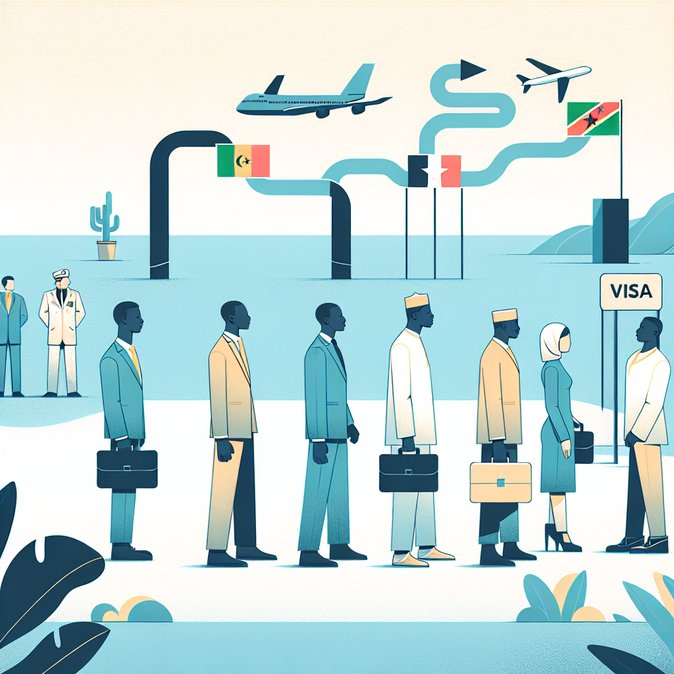
Effective October 23, 2025, the U.S. Department of State updated its B-1/B-2 Visa Bond Pilot Program, removing Mali from the roster of countries whose nationals must post bonds of US $5,000–15,000 when applying for visitor visas. At the same time, Mauritania, São Tomé and Príncipe, and Tanzania joined the list, bringing the total number of covered nations to six. Applicants from The Gambia have faced the requirement since October 11, while Malawi and Zambia have been subject to bonds since August 20.
The pilot, authorized under INA 221(g)(3), targets countries with high visa-overstay rates or deficient identity-management systems. Bonds are collected only after a consular officer determines the applicant otherwise qualifies for a visa and are refunded upon timely departure. Failure to depart triggers forfeiture and future ineligibility. Travelers must also enter and exit through one of three designated U.S. airports—Boston Logan, New York JFK or Washington Dulles—to ensure compliance tracking.
For U.S. companies, the change carries immediate mobility implications. Business visitors from Mauritania, São Tomé and Tanzania—often involved in energy, mining and infrastructure projects—must now budget substantial cash deposits, potentially dampening short-notice travel. Conversely, Malian executives regain unrestricted access, easing deal-making amid Mali’s post-coup economic reforms.
Immigration advisers recommend vetting itineraries to ensure bond-country nationals route through designated airports and retaining proof of departure to expedite bond refunds. Employers should also compare the visitor-visa route with alternative categories such as L-1 or O-1, which are not subject to the bond program but entail longer lead times.
The pilot, authorized under INA 221(g)(3), targets countries with high visa-overstay rates or deficient identity-management systems. Bonds are collected only after a consular officer determines the applicant otherwise qualifies for a visa and are refunded upon timely departure. Failure to depart triggers forfeiture and future ineligibility. Travelers must also enter and exit through one of three designated U.S. airports—Boston Logan, New York JFK or Washington Dulles—to ensure compliance tracking.
For U.S. companies, the change carries immediate mobility implications. Business visitors from Mauritania, São Tomé and Tanzania—often involved in energy, mining and infrastructure projects—must now budget substantial cash deposits, potentially dampening short-notice travel. Conversely, Malian executives regain unrestricted access, easing deal-making amid Mali’s post-coup economic reforms.
Immigration advisers recommend vetting itineraries to ensure bond-country nationals route through designated airports and retaining proof of departure to expedite bond refunds. Employers should also compare the visitor-visa route with alternative categories such as L-1 or O-1, which are not subject to the bond program but entail longer lead times.







